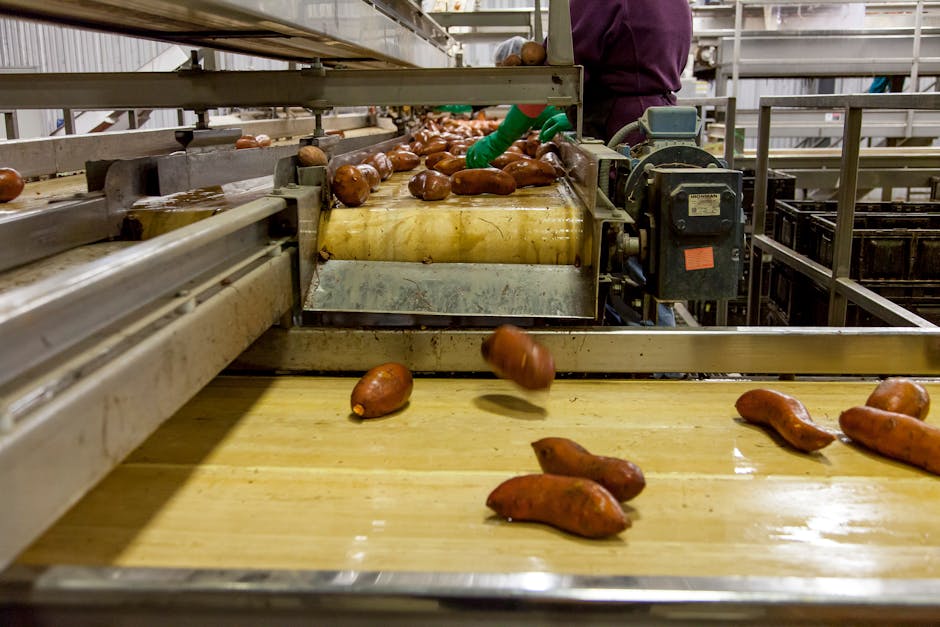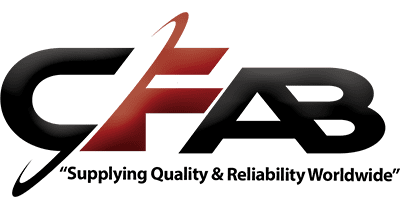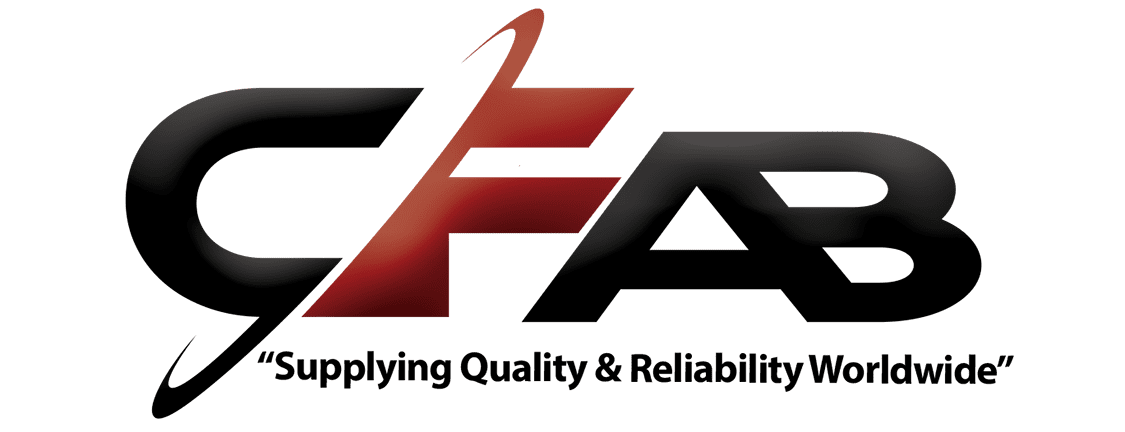Why Choosing the Best Grease & Lubricants Matters
When it comes to grease & lubricants, making the right choice can have a huge impact on your machinery’s performance and lifespan. Here’s a quick summary of the best options you will find in this guide:
- Lithium-Based Grease: Ideal for high-temperature stability.
- Calcium-Sulfonate Grease: Balances cost and performance.
- Synthetic Grease: Best for extreme temperature conditions.
- Multi-Purpose Lubricants: Versatile for motors and bearings.
- Food-Grade Grease: Safe and reliable for food processing, including solutions from Beth-El Machinery Ltd.
Grease & lubricants are crucial in many industrial applications. They ensure smooth operation, reduce wear and tear, and extend the life of machinery components. They are especially important for equipment operating under harsh conditions, such as high temperatures, heavy loads, or in inaccessible locations where frequent maintenance isn’t practical.
Quick Tip: Choosing the right grease or lubricant can prevent breakdowns, increase productivity, and cut down on maintenance costs.
I’m Todd Cleppe, the Executive Engineer and Sales at C-FAB LLC. With over 25 years in designing automated lubrication systems and improving food packaging equipment, I am here to guide you through the best options for grease & lubricants. This guide will help you make informed decisions to keep your machinery running efficiently.

Top 5 Grease & Lubricants for Machinery
Lithium-Based Grease
Lithium-based grease is a popular choice for many machinery applications. Known for its high-temperature stability, this grease can handle temperatures from -30°C to 120°C. It’s perfect for automotive, industrial, and agricultural machinery. Lithium-based grease provides excellent lubrication and reduces wear and tear, ensuring smooth operation.
Benefits:
– High-temperature stability
– Excellent lubrication
– Reduces wear and tear
Applications: Automotive bearings, industrial machinery, agricultural equipment
Calcium-Sulfonate Grease
Calcium-sulfonate grease offers great performance at a reasonable cost. It is water-resistant and has excellent mechanical stability, making it ideal for marine and heavy-duty applications. This grease can operate in a wide temperature range and provides superior protection against rust and corrosion.
Benefits:
– Water-resistant
– Excellent mechanical stability
– Superior rust and corrosion protection
Applications: Marine equipment, heavy-duty machinery, wheel bearings
Synthetic Grease
Synthetic grease is designed for extreme temperature conditions. It remains stable and effective in both high and low temperatures, making it suitable for aerospace, automotive, and industrial applications. Synthetic grease offers long-lasting lubrication and reduces the need for frequent reapplication.
Benefits:
– Temperature extremes stability
– Long-lasting lubrication
– Reduces reapplication frequency
Applications: Aerospace, automotive, industrial machinery
Multi-Purpose Lubricants
Multi-purpose lubricants are versatile and can be used in various applications, from motors to bearings. These lubricants are designed to provide consistent performance across different types of machinery. They are ideal for general maintenance tasks and help extend the lifespan of your equipment.
Benefits:
– Versatile applications
– Consistent performance
– Extends equipment lifespan
Applications: Motors, bearings, chains, linkages
Food-Grade Grease
Food-grade grease is essential for machinery used in food processing and packaging. It ensures safety by preventing contamination. Beth-El Machinery Ltd. offers top-notch food-grade grease solutions that comply with health standards. Their grease is suitable for high-temperature applications and provides excellent lubrication, making it perfect for food and beverage industries.
Benefits:
– Ensures safety and prevents contamination
– Complies with health standards
– Suitable for high-temperature applications
Applications: Food processing machinery, beverage equipment, packaging systems

Beth-El Machinery Ltd. excels in providing custom processing lines for the food industry, ensuring your machinery runs smoothly and safely. Their expertise ensures that you get the best food-grade grease solutions tailored to your needs.
Next, let’s explore the Key Differences Between Grease & Lubricants to help you make the right choice for your machinery.
Key Differences Between Grease & Lubricants
Understanding the difference between grease & lubricants is crucial for selecting the right product for your machinery. Let’s break down the key characteristics.
Grease Characteristics
Grease is a semi-solid lubricant, typically made by dispersing a thickening agent in a liquid lubricant. This unique composition gives grease its high viscosity and makes it ideal for applications where lubrication is needed infrequently.
-
Viscosity: Grease has a high initial viscosity, which drops under shear stress, a property known as shear thinning. This means it can stay in place even in high-pressure environments.
-
Thickeners: Common thickeners include soaps like calcium stearate, sodium stearate, and lithium stearate. These thickeners help grease maintain its semi-solid state, making it suitable for long-term lubrication.
-
Applications: Grease is perfect for bearings, gears, and other components that require lubrication but are difficult to access regularly. It also acts as a sealant, preventing water and contaminants from entering the machinery.
Lubricant Characteristics
Lubricants, on the other hand, are flowable fluids designed primarily for cooling and reducing friction between moving parts. They are generally less viscous than grease and can circulate through the machinery to dissipate heat.
-
Viscosity: Lubricants have lower viscosity compared to grease, allowing them to flow easily and cover all moving parts. This makes them ideal for high-speed applications where cooling is essential.
-
Thickeners: Unlike grease, lubricants do not rely heavily on thickeners. Instead, they may include various additives like oxidation inhibitors and rust inhibitors to enhance performance.
-
Applications: Lubricants are commonly used in engines, hydraulic systems, and any machinery where continuous cooling and lubrication are required. They are particularly effective in high-temperature environments where grease might not perform well.
By understanding these differences, you can select the right grease & lubricants to ensure your machinery operates efficiently and lasts longer.
Next, let’s dive into How to Choose the Right Grease & Lubricants to match your specific needs.
How to Choose the Right Grease & Lubricants
Choosing the right grease & lubricants can make a big difference in machinery performance and longevity. Here’s how to make the best choice.
Consider the Operating Environment
The operating environment is crucial when selecting grease and lubricants. Factors like temperature, pressure, and load directly impact the lubricant’s performance.
-
Temperature: For high-temperature environments, synthetic greases are ideal. They provide better stability and don’t oxidize quickly. In contrast, mineral oil-based greases work well in moderate temperatures.
-
Pressure and Load: Heavy-duty applications, like construction equipment, require greases with excellent load-carrying abilities. Calcium-sulfonate and lithium complex greases are good options due to their high dropping points and load capacity.
Evaluate the Machinery Design
The design of your machinery will also influence your choice.
-
Accessibility: If the machinery is hard to access, choose a grease that stays in place for longer periods. This reduces the frequency of lubrication and maintenance downtime.
-
Frequency of Lubrication: For machinery that runs intermittently or is stored for long periods, grease is better than oil. Grease forms a lubricating film instantly, ensuring protection from the start.
-
Wear: Consider greases with anti-wear additives for machinery that experiences high wear and tear. Additives like molybdenum disulfide (moly) or graphite can reduce friction and wear during heavy loading and slow speeds.
Check for Additives
Additives enhance the performance of grease and lubricants by providing extra protection and improving certain properties.
-
Oxidation Inhibitors: These additives prevent the grease from breaking down due to oxygen exposure, extending its lifespan and maintaining performance.
-
Rust Inhibitors: Essential for machinery exposed to moisture, rust inhibitors protect metal surfaces from corrosion.
-
Extreme Pressure Agents: For applications involving high loads and pressures, extreme pressure (EP) agents are vital. They prevent metal-to-metal contact, reducing wear and extending the life of the machinery.
By carefully considering these factors, you can select the right grease & lubricants to ensure your machinery operates efficiently and lasts longer.
Next, let’s dive into Frequently Asked Questions about Grease & Lubricants to address common queries and concerns.
Frequently Asked Questions about Grease & Lubricants
What is the difference between lubricants and grease?
Viscosity: Lubricants are flowable liquids, while grease is semi-solid. This difference in viscosity makes lubricants better for applications requiring cooling and easy flow, whereas grease stays in place and provides long-term lubrication.
Thickeners: Grease contains a thickening agent, such as lithium or calcium-sulfonate, which gives it a semi-solid structure. Lubricants, on the other hand, do not have thickeners and remain in liquid form.
Applications: Lubricants are ideal for high-speed machinery and components that need continual cooling, like engines and turbines. Grease is best for parts that need long-term lubrication and are difficult to access frequently, such as bearings and gears.
Which is better: lube or grease?
Cooling: Lubricants excel in cooling applications due to their fluid nature. They can easily transfer heat away from the components, making them ideal for engines and high-speed machinery.
Leakage Control: Grease is better at staying in place, reducing the risk of leakage. This makes it suitable for parts that operate under high pressure or in vertical orientations.
Equipment Residence Time: Grease provides longer-lasting lubrication, reducing the frequency of maintenance. Lubricants, while effective, may need to be reapplied more often.
Is WD-40 a grease or lubricant?
Lubricating Oils: WD-40 is a multi-purpose lubricant, not a grease. It is designed to displace water, prevent rust, and lubricate moving parts. It is not suitable for applications requiring the long-term lubrication that grease provides.
Bike Maintenance: A common myth is that WD-40 is good for bike chains. While it can be used in a pinch, it lacks the staying power of specialized bike lubricants and can attract dirt, leading to increased wear.
Myth vs Fact: It’s important to use the right product for the right application. WD-40 is great for loosening rusted parts and providing short-term lubrication but is not a substitute for grease in high-pressure or long-term applications.
Next, let’s explore How to Choose the Right Grease & Lubricants to ensure optimal performance for your machinery.
Conclusion
At CFAB Global, we understand that the right grease & lubricants are essential for maintaining your machinery’s performance and longevity. That’s why we offer a comprehensive Machine Reliability Program tailored to your specific needs.
Customized Analysis
Our experts conduct a thorough analysis of your machinery and operating conditions. This helps us recommend the best lubrication solutions, ensuring that your equipment operates efficiently and reliably.
Increased Productivity
Using the right grease & lubricants can significantly boost your machinery’s productivity. Proper lubrication minimizes friction and wear, leading to smoother operations and less downtime.
Reduced Downtime
Downtime can be costly. By choosing the appropriate lubricants and implementing a regular maintenance schedule, you can drastically reduce unexpected breakdowns and keep your operations running smoothly.
Extended Lifespan
The right lubrication not only improves performance but also extends the lifespan of your equipment. This means fewer replacements and lower long-term costs.
At CFAB Global, we’re committed to helping you achieve these benefits. Our tailored solutions and expert advice ensure that your machinery performs at its best, day in and day out.
For more information on how we can help you choose the best grease & lubricants for your needs, visit our Machine Reliability Program page.
By following our guide, you can make informed decisions about the best grease & lubricants for your machinery, ensuring optimal performance and longevity.






